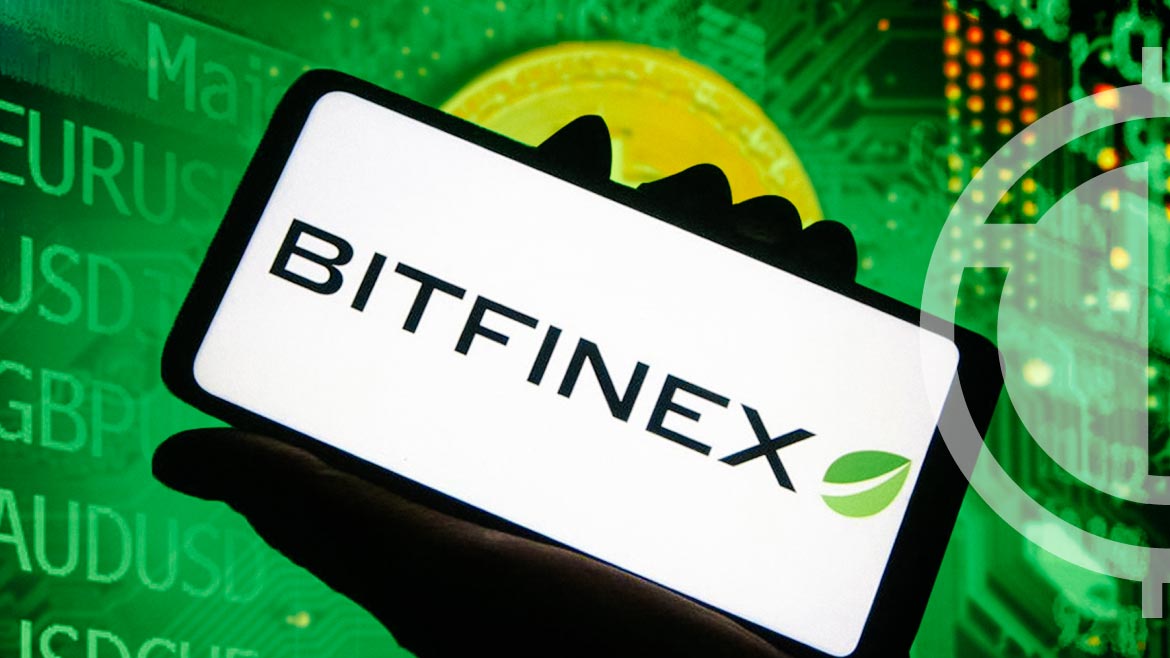- Initial digital debt offering in El Salvador fell short, revealing challenges in blockchain integration.
- Inversiones Laguardia’s Hilton project raised only 5% of its funding goal, highlighting investor reluctance.
- Future of El Salvador’s digital asset market may pivot on restructured offerings and enhanced investor confidence.
The much-anticipated debut of tokenized debt offerings in El Salvador has stumbled, as the first issuance failed to garner sufficient interest to proceed. Initiated by Bitfinex Securities, the offering aimed to fund the development of a Hilton hotel at El Salvador International Airport but fell short of its funding target. Only $342,000 was raised, significantly below the $500,000 needed to advance to the next phase of development.
Bitfinex Securities, the entity facilitating the digital debt issuance, expressed disappointment over the outcome. The offering, facilitated under El Salvador’s new regulatory framework for digital asset securities, was intended as a pioneering step towards integrating blockchain technology in the country’s capital markets.
Despite initial optimism and support from industry figures like Paolo Ardoino, CEO of Tether, the lackluster response highlights challenges in attracting investor confidence and participation in digital asset offerings.
Inversiones Laguardia, the issuer behind the tokenized debt, had set ambitious goals to raise $6.25 million for the Hilton-branded hotel project, which would feature over 80 rooms within a 4,484 square-meter facility. However, the offering only managed to secure approximately 5% of its funding goal. This setback underscores the complexities involved in marketing and structuring digital asset securities, especially in emerging markets like El Salvador.
Bitfinex Refunds Investors After El Salvador’s Hilton Hotel Project FailsThe disappointing performance of this initial offering could prompt a reassessment of strategy by both issuers and intermediaries involved. Bitfinex Securities indicated that funds collected from investors would be returned, awaiting a potential restructuring of the offering to enhance its appeal to a broader investor base. The issuer, Inversiones Laguardia, may need to recalibrate its approach and possibly revise incentives to attract more substantial participation.
Looking ahead, the outcome of this first digital debt offering may influence future initiatives in El Salvador’s nascent digital asset market. While the country has been proactive in adopting cryptocurrency-related innovations, such as Bitcoin as legal tender and plans for “volcano bonds” to fund Bitcoin City, challenges in market acceptance and investor readiness remain evident.






